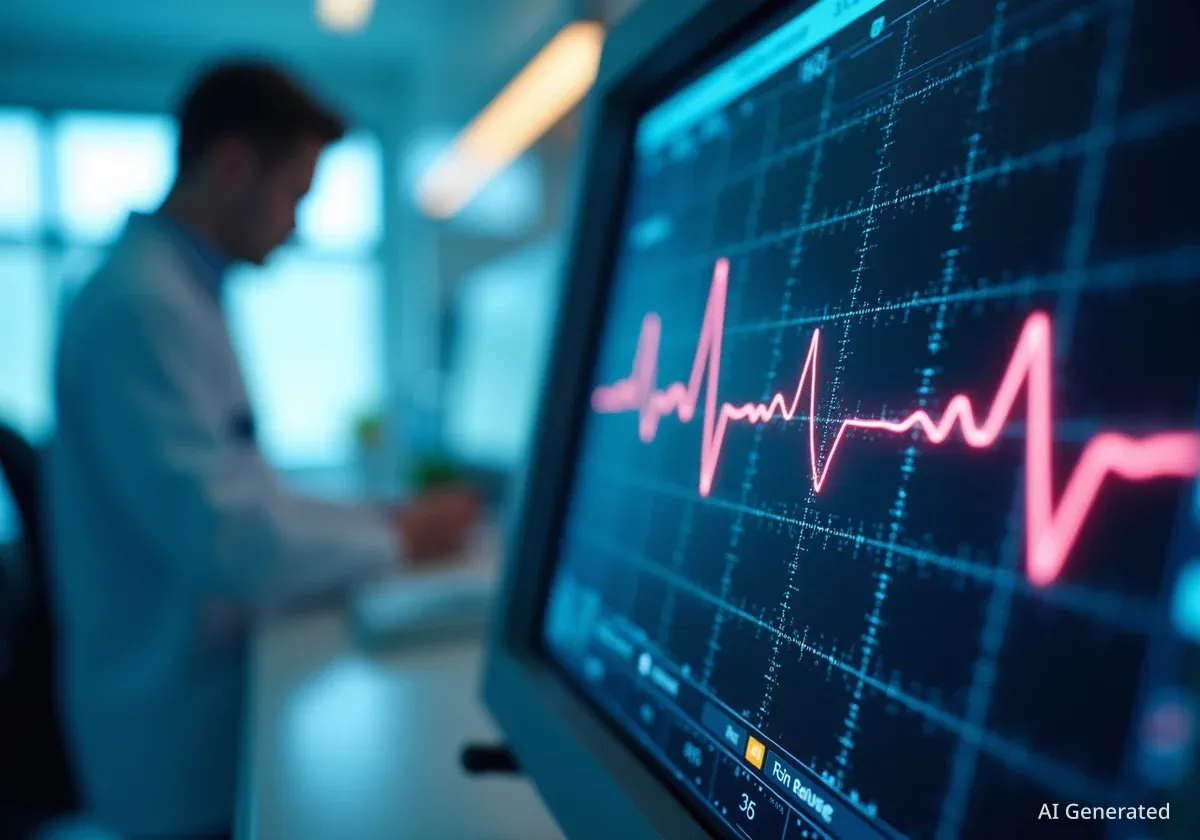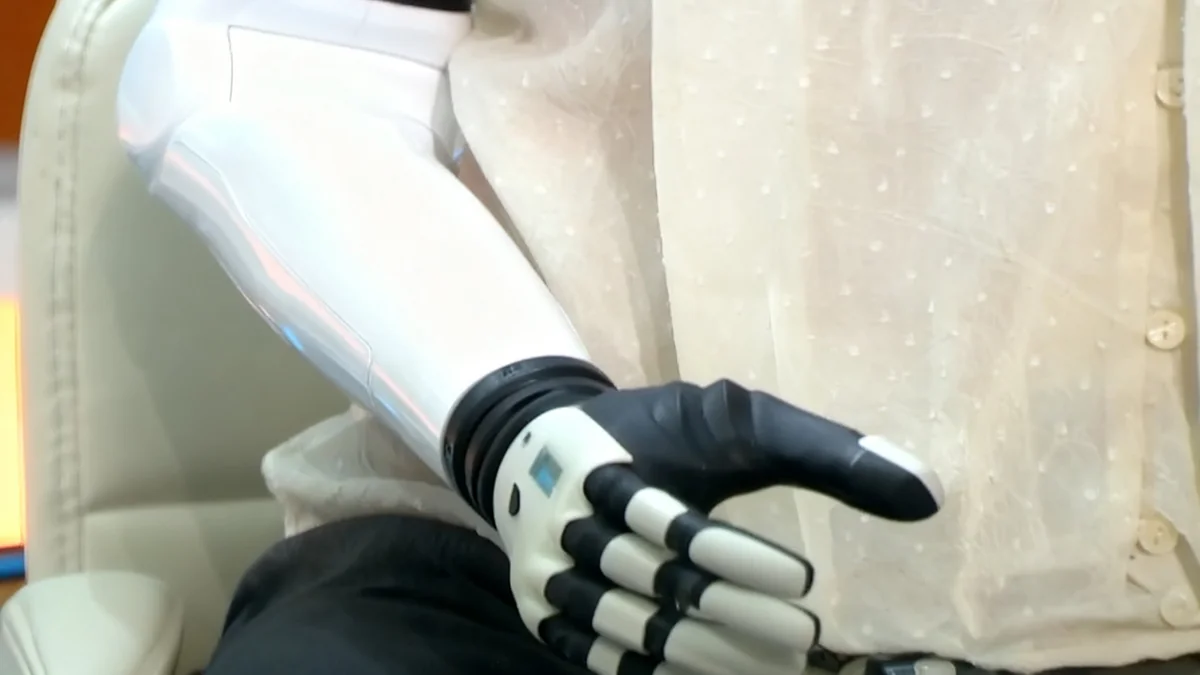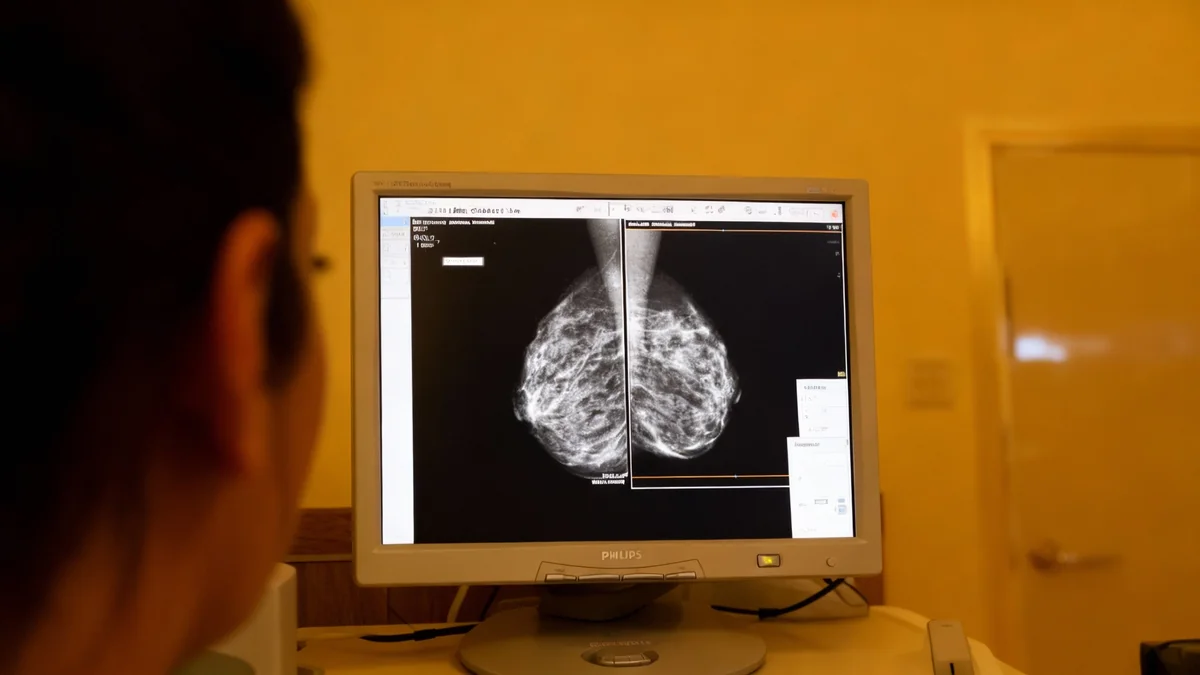Researchers from Johns Hopkins University have developed an artificial intelligence model that analyzes routine heart tests to predict life-threatening complications after surgery. The new system demonstrated 85% accuracy, significantly outperforming the risk assessment tools currently used by clinicians.
The model uses data from standard electrocardiograms (ECGs) to identify patients at high risk of heart attack, stroke, or death within 30 days of a major operation. Published in the British Journal of Anaesthesia, the findings suggest that this technology could transform how surgical risks are calculated and communicated to patients.
Key Takeaways
- A new AI model from Johns Hopkins predicts post-surgical complications with 85% accuracy.
- The model analyzes data from routine, non-invasive electrocardiogram (ECG) tests.
- It is substantially more accurate than current clinical risk scores, which are correct about 60% of the time.
- The technology could provide patients and surgeons with a more precise tool for making decisions about major surgery.
Improving Surgical Risk Assessment
A significant number of patients experience severe health complications following major surgical procedures. To identify those at risk, doctors rely on established risk-scoring systems. However, these methods are only accurate in approximately 60% of cases, leaving a considerable margin for error.
A team at Johns Hopkins University sought a more reliable prediction method. They focused on the electrocardiogram, a common pre-surgical test that records the heart's electrical activity. While ECGs are standard for detecting heart disease, the researchers believed the data contained more subtle information.
"We demonstrate that a basic electrocardiogram contains important prognostic information not identifiable by the naked eye," stated senior author Robert D. Stevens, chief of the Division of Informatics, Integration, and Innovation at Johns Hopkins Medicine. "We can only extract it with machine learning techniques."
Harnessing AI for Deeper Insights
The researchers theorized that an ECG captures a wide range of physiological data beyond basic cardiac function. Factors like inflammation, metabolic state, and electrolyte balance can subtly alter the electrical signals of the heart.
What is an Electrocardiogram (ECG)?
An ECG is a simple, non-invasive test that records the electrical signals in the heart. It is a common diagnostic tool used to check for different heart conditions. During a pre-operative assessment, an ECG helps doctors evaluate a patient's cardiac health before they undergo anesthesia and surgery.
To analyze this complex information, the team used deep learning, a type of artificial intelligence. They trained two distinct AI models using a large dataset of pre-operative ECG results from 37,000 patients who underwent surgery at Beth Israel Deaconess Medical Center in Boston.
Two Models for Enhanced Prediction
The first AI model was trained exclusively on ECG data. The second, a "fusion" model, combined the ECG information with other details from patient medical records, including age, gender, and pre-existing health conditions.
Both models were tasked with identifying patients who were likely to have a heart attack, a stroke, or die within 30 days following their surgery. The results showed a significant improvement over existing methods.
Accuracy by the Numbers
- Current Risk Scores: ~60% Accurate
- ECG-Only AI Model: Surpassed current scores
- Fusion AI Model (ECG + Records): 85% Accurate
While the ECG-only model performed better than current risk scores, the fusion model achieved an impressive 85% accuracy in predicting which patients would suffer adverse outcomes.
Transforming Patient Care and Decision-Making
The ability to accurately predict post-surgical risks could fundamentally change conversations between doctors and patients. This technology offers a way to turn a routine, 10-second test into a powerful predictive tool.
"Surprising that we can take this routine diagnostic, this 10 seconds worth of data, and predict really well if someone will die after surgery," said lead author Carl Harris, a PhD student in biomedical engineering. "We have a really meaningful finding that can improve the assessment of surgical risk."
The team also created a method to understand which specific features in an ECG reading were associated with a higher risk of heart attack or stroke. This provides a layer of transparency to the AI's decision-making process.
"You can imagine if you're undergoing major surgery, instead of just having your ECG put in your records where no one will look at it, it's run thru a model and you get a risk assessment and can talk with your doctor about the risks and benefits of surgery," Stevens explained. "It's a transformative step forward in how we assess risk for patients."
Future Steps and Research
The Johns Hopkins team plans to validate the model's performance on larger and more diverse patient datasets. The next major step will be to test the model prospectively, applying it to patients before they undergo surgery to see how it performs in a real-world clinical setting.
Additionally, the researchers are interested in exploring what other hidden health information could be extracted from ECG data using advanced AI techniques. The project was supported by a National Science Foundation Graduate Research Fellowship.





